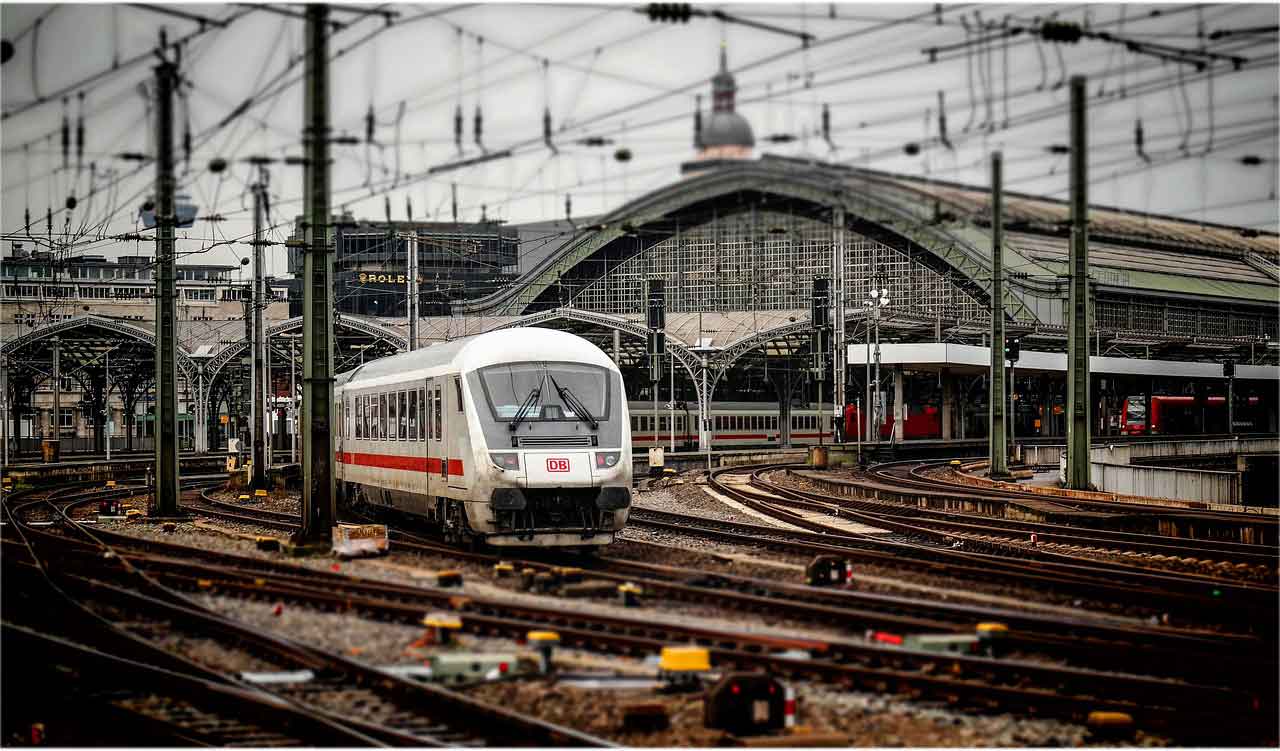In the constant search to improve railway traffic management, adapting it to new technologies and making it more efficient and sustainable, the Traffic Management System (TMS) project for the Spanish railway network was born. This ambitious project focuses on ensuring greater safety, effective traffic management and the ability to support more complex technologies.
The TMS is configured as a comprehensive, modern and updated solution for various players in the sector, including infrastructure managers, railway operators, logistics operators, manufacturers and maintenance companies, construction companies and integrators. Its implementation is based on four fundamental pillars:
Optimization and Operational Safety: Covering all areas of railway operation, from planning to maintenance, through the application of the highest safety standards and the constant search for interoperability and operational efficiency.
Comprehensive Passenger Management: Facilitating intermodal public transportation, adapting solutions to the needs of passengers from initial planning to arrival at their destination.
Freight Interoperability: Incorporating cutting-edge technologies to optimize rail freight transport operations, ensuring traceability and facilitating the work of logistics operators.
Corporate Sustainability: Creating co-creation spaces for the development of innovative projects and new business models, promoting sustainability in the railway sector.
Problems in railway traffic, such as congestion and inefficient coordination, pose challenges for efficiency, safety and punctuality in transportation. The TMS seeks to address these challenges, generating a global experience for the user based on current and future technologies, with goals to reduce polluting emissions, maintenance operations and operating costs.
The implementation of artificial intelligence and machine learning in the project is seen as a revolution to improve the end-to-end management of the railway journey, improving urban mobility, reducing congestion and promoting sustainability in the railway sector.
The current project stands out for integrating all TMS functionalities into a unified user experience, marking a significant advance compared to the previous system, which had limitations and required manual updates. The adoption of more generic technologies promises to reduce costs associated with team rotation and expansion, accelerating the productivity of the development team. A key player in this process is Ad Maiorem, which plays a crucial role in the verification and validation phase, Ad Maiorem is in charge of unit testing, which seeks to simulate the behavior of trains and adjusts the infrastructure and routes based on various factors, including supply outages due to accidents or other unforeseen events. It also ensures that the system is coherent and works as an integrated whole, providing a global user experience and ensuring that the technologies used are generic and effective, reducing costs associated with team rotation and expansion.






